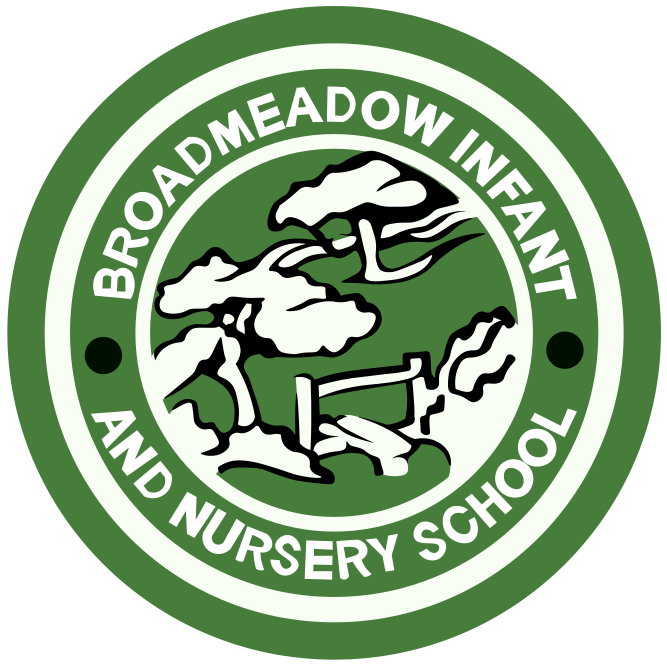Maths
Intent
Our vision is that all pupils have access to a high-quality mathematics curriculum that is highly enjoyable and challenging. Developing maths fluency is a journey and long-term goal, achieved through investigation, clarification, practice and application over time. At each stage of learning, children at Broadmeadow should be able to demonstrate a deep, conceptual understanding of the concepts and be able to build on this over time. All staff have high expectations for every child to succeed in mathematics. Through a clearly sequenced and progressive curriculum, it is our intent that children become fluent in the fundamentals of mathematics in order for them to apply it in a variety of contexts. We aim to develop resilience that enables all pupils to reason and problem solve with increased confidence.
Implementation
At our school, we ensure that maths lessons are delivered in a way that develops lively, enquiring minds, encouraging pupils to become self-motivated and confident in their abilities. At each stage children are encouraged to discuss and explain their understanding respectfully, using concrete apparatus, pictures and abstract methods to support this. Using a carefully sequenced approach, we ensure that every child can access the learning and develop fluency in skills, which they will continue to build upon and will become an integral part of their future. These skills are taught and developed in the caring and cooperative culture of each classroom, encouraging children to support each other and build confidence in their own abilities.
At Broadmeadow children will become increasingly confident with number work. Pupils develop their ability to solve a range of problems. Teaching at Broadmeadow ensures that our pupils have the opportunities to draw upon prior learning and make the links necessary to master mathematical concepts.
Key Concepts
The key concepts that are studied and revisited in maths in each year group are:
|
Subject |
Concept |
Explanation |
|
Maths |
Number |
The first mathematical skill is basic number sense. Number sense is the order and value of numbers. A number is a mathematical object used to count. |
|
Pattern |
A pattern is a repeated design or recurring sequence. This could be an ordered set of numbers, shapes or mathematical objects arranged according to a rule. |
|
|
Shape and Space |
Shape and space refers to the properties of objects and the consequences of how these objects are positioned. Space is a set with added structure. Shape is the form of an object and how it is laid out in space. |
|
|
Measure |
Measure is a number that shows the size or amount of something. Usually, the number is in reference to some standard measurement. |
|
|
Geometry |
Geometry is a branch of mathematics concerned with questions of shape, size, and relative position of figures and the properties of space. |
|
|
Statistics |
Statistics is the study of collection, analysis, interpretation, presentation and organisation of data. |
|
|
Algebra |
Algebra is a branch of mathematics dealing with symbols and the rules for manipulating those symbols. |
|
|
Reasoning |
Mathematical reasoning is the skill that enables a learner to make use of all other mathematical skills. With mathematical reasoning, mathematics makes sense and can be understood. |
Key vocabulary and terms are learnt during each theme and revisited as appropriate in subsequent years.
Impact
Children become fluent in mathematical understanding and reasoning. They have the ability to reason mathematically by following a line of enquiry, recognising and discussing relationships and generalisations, they are able to justify and support their ideas using mathematical language. They are able to solve problems by applying their mathematics to a variety of simple and multi-step problems with increasing sophistication, including breaking down problems into a series of simpler steps. Children are able to represent their understanding in a variety of ways: using apparatus, pictures as well as numerically, and are able to check the accuracy and integrity of their answers.
Children at Broadmeadow will have:
- a quick recall of facts and procedures
- the flexibility and fluidity to move between different contexts and representations of mathematics
the ability to recognise relationships and make connections in mathematics
